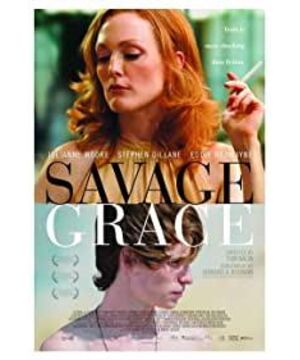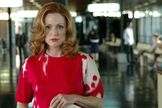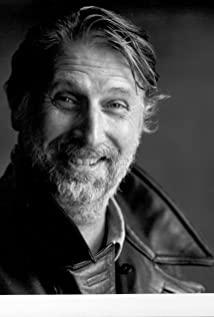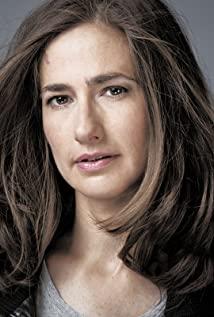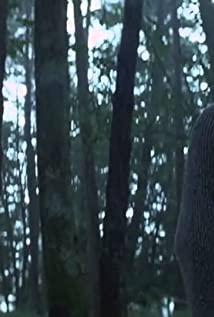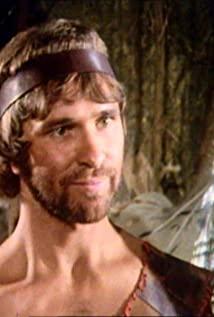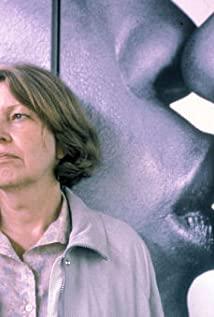film is adapted from the work Savage Grace of the same name co-written by Natalie Robbins and Steven ML Aronson.
I haven't read the film review before, I just know that there is Netizens said that they didn’t know what the movie was, so they stopped watching the movie and went to the movies. Maybe some people didn’t accept the moral and ethics in the movie, some staggering pictures. But overall, I like this movie quite a bit. I think The director has made many attempts and is very careful, hoping to add many elements at once. Perhaps it is Tom Kalin’s rich production experience. He has not directed many works. He has been the producer of "I Shot Andy Warhol" (1996), believe him this time
She is a bit ambitious, eager to give the audience an exclamation mark. The first feeling after watching the movie is that it is a strong story, a movie with both plot and acting skills, and Julianne Moore's acting skills have been repeatedly affirmed. I have seen her play "Magnolia" ( 1999), "The Hours" (2002) and "Far from Heaven" (2002) are all very impressive. Her bold performance this time may be offensive to some audiences, but I think she is very outstanding. As Barbara Eddie Redmayne of Daly Baekeland (Julianne Moore) son Tony is also quite good. Basically the whole movie is the story of the two of them.
Photography is also worth paying attention to. Many lens angles are deliberately arranged to see the director’s mind. He likes to give the actor a close-up of his eyes, and indeed they bring out more powerful messages than many dialogues. The transfer of the son from a child to growing up The lens uses his eyes and the eyes of a horse to hand over. Although the technique is a bit old-fashioned, it may strengthen the director's emphasis on the actor's eyes to tell the story. And the eyes of his son Tony are indeed very important elements in the movie . Because the whole movie starts from his POV, from the beginning to the end he is the protagonist of the story. As soon as the story begins, he uses his narration to explain his life, from quack to adulthood. This is his life, he The story of his mother is also the protagonist. Using the son’s POV to tell the story, the story is very contagious. I don’t know if the original book itself is also the same, but if you use the mother’s POV, the whole story is different.
Julianne Moore was killed by her husband Treating that scene crudely, she looked out of the door. In fact, there should be no one, but that angle makes it feel that her son has spied everything. It can be seen that the film is based on the son's POV as the starting point. It is very important to
remember the beginning of the film . In one scene, the son is still a baby, sleeping on the bed. The father and mother go home, and the father Brooks (Stephen Dillane) looks at the son on the bed and says that he is a good man. At the end of the movie, the son is in a police car and looks nothing. The expression, the narration is from the letter he wrote to his father: "If you ask me what it's like to be in prison, I am telling you, it's just like what everybody thinks." Very calm tone. A flawless and close to perfection In the end, his baby turned into a murderer. Among them, his mother can be said to be the culprit. From beginning to end, his son is an innocent and poor victim.
It is said that the scene where Barbara Daly Baekeland and her son are on the sofa is "helping him." Maybe she has always wanted to help her son change his sexual orientation. But personally, I feel that from the beginning, the mother wanted to control everything about her son, and at the same time she also Depend on him. Perhaps from the day her husband's heart left her, and from the day she tried to manipulate her husband but failed, her goal was shifted to her son. Not only did the son become her husband in the days to come , Was also manipulated by her for a lifetime. I personally think that the sexual orientation of his son was made by his mother and the broken relationship between the two couples.
Have you noticed in the movie after Julianne Moore and her son moved from Paris to London, Mentioned a famous sentence by a writer with a friend, but she remembered it wrong, the original sentence should be "When a man is tired of London, he is tired of life; for there is in London all that life can afford." A sentence in the book "Boswell's Life of Johnson". In the movie, she said it was Paris, but London was correct. Maybe it just reflects her emotional instability? Does the director/author have other meanings?
Personally, I think the director's ambition It is worthy of appreciation, a bold attempt, the original work (itself is also an adaptation of real life in the 1970s) is put on the screen. The plot is compact, there is no cold scene, and it becomes a work that is constantly thinking. I
like human nature, family, family affection, etc. Although the moral standards of this film are beyond ordinary people’s acceptance, it is extremely impressive. It does not mean that we agree with the message that it brings to us, but the method of the film, the interpretation of the actors, the use of the lens, and the Everything is worthy of the audience's attention.
View more about Savage Grace reviews


